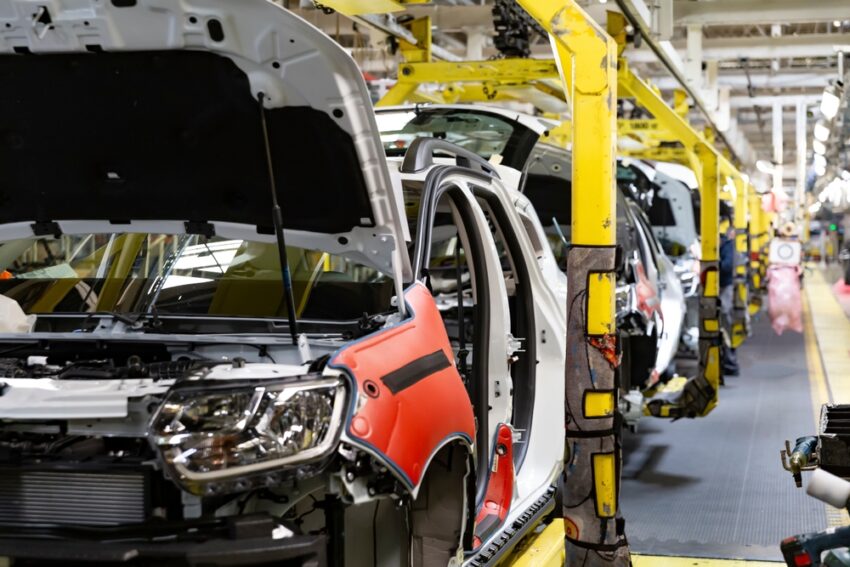The shares of major car manufacturers around the world on Monday increased after the indication by President Trump to give temporary discounts to the new tariffs on imported vehicles and parts.
Talking to reporters, Trump said that he was “watching something to help car companies”, given that the manufacturers needed “a little time” to move production in the United States. While he did not give any special details on what the product exclusion could be introduced, or how long, the comment was sufficient to lift the trust of investors in the auto sector.
A few weeks after the President's comments, his administration announced a 25 percent tariff on imported fully manufactured vehicles, which came into force on 3 April, expected to follow with duties on imported car parts by 3 May. Trump initially stressed that there would be no carving for foreign producers.
In Japan, the stocks climbed 3.7 percent in Toyota, while Honda increased by 3.6 percent. European car manufacturers also enjoyed a boost: Salentis rose 5.6 percent to € 8.26, Volkswagen from 3.3 percent to € 90.26, and Mercedes-Benz pair 2.9 percent, reached € 50.70. French motor vehicle supplier Valeo increased 4.3 percent.
In the UK, luxury car manufacturer Eston Martin Lagonda gained 68, PP or 4.9 percent in the morning trading. The company, which does not manufacture in the US, but the US counts about one -third of its sales market, recently announced a plan to raise £ 125 million to help navigate the impact of tariffs.
The Society of Motor Manufacturers and Traders (SMMT) warned that the US tariff regime is a serious threat to Britain's motor vehicle exports. The US is the second largest export market for cars manufactured by the UK, accounting for 16.9 percent of vehicle exports last year-around-100,000 vehicles.
In response to uncertainty, Jaguar Land Rover stopped all American-bound shipments earlier this month for at least four weeks as it re-established its strategy under new business conditions.
Although Trump's remarks stopped confirming any formal policy change, the markets interpreted him as a soft-line trend being softened. Any delay or discount may offer an important window to accommodate the supply chains and production plans between growing geo -political and business stress.
Industry leaders and investors will now be watching closely for more information on any proposed exclusion as the deadline for auto parts tariffs is coming near.
